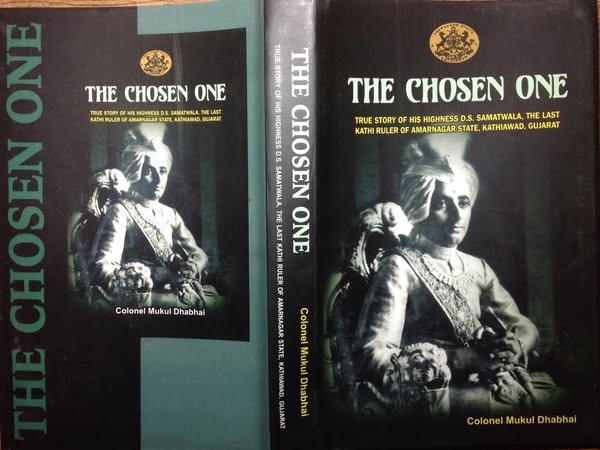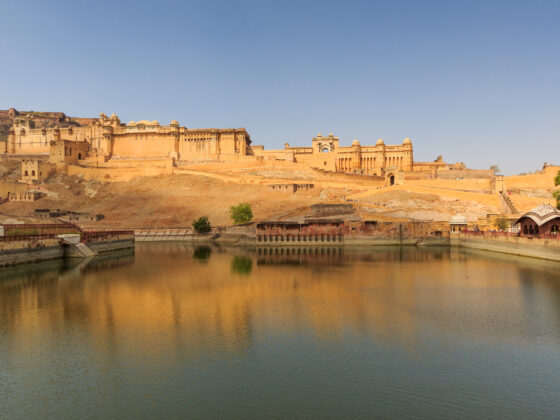The Chosen One: Unraveling the Myth and Its Significance

Introduction
The phrase “The Chosen One” has long captivated human imagination, appearing in ancient myths, religious texts, and modern storytelling. From historical leaders to fictional heroes, the idea of an individual destined for greatness has shaped cultural narratives across civilizations. But what does it truly mean to be “The Chosen One”? Why do societies create and uphold such figures? This article delves into the origins, significance, and lasting impact of this powerful concept.
The Origins of “The Chosen One” in Mythology
Ancient Myths and Religious Beliefs
The concept of “The Chosen One” is deeply rooted in mythology and religious traditions. Many cultures have stories of individuals handpicked by divine forces to fulfill a grand purpose. For example:
- Moses (Judaism, Christianity, Islam) – Chosen by God to lead the Israelites out of Egypt.
- King Arthur (Celtic Mythology) – Destined to rule Britain and bring peace with the legendary sword Excalibur.
- Krishna & Rama (Hinduism) – Divine incarnations sent to restore balance in the world.
- The Mahdi (Islam) – A prophesied savior expected to bring justice.
In these narratives, the Chosen One is often marked by supernatural signs, prophecies, or divine intervention, reinforcing the belief in destiny and higher purpose.
Historical Figures Perceived as “The Chosen One”
Throughout history, certain leaders and visionaries have been regarded as “The Chosen One” due to their impact on society and perceived destiny. Some notable examples include:
- Julius Caesar – Romans believed he was divinely favored, leading to his eventual rise to power.
- Joan of Arc – A peasant girl who claimed divine visions and led France to military victories.
- Napoleon Bonaparte – Portrayed as a man of destiny who reshaped Europe.
- Mahatma Gandhi – Seen as a chosen leader in India’s fight for independence.
These figures often embodied extraordinary courage, leadership, and perseverance, making them stand out in history.
“The Chosen One” in Modern Pop Culture
The trope of “The Chosen One” is a dominant theme in literature, movies, and television, resonating deeply with audiences. Some of the most famous fictional examples include:
- Harry Potter (Harry Potter series) – Marked by prophecy to defeat Lord Voldemort.
- Frodo Baggins (The Lord of the Rings) – Destined to destroy the One Ring and defeat Sauron.
- Neo (The Matrix) – Prophesied as “The One” to free humanity from the machines.
- Luke Skywalker (Star Wars) – The Jedi chosen to restore balance to the Force.
These characters often undergo trials, training, and self-discovery before embracing their destiny. This journey of transformation makes them relatable and inspiring.
The Psychology Behind “The Chosen One” Narrative
Why do people gravitate toward the idea of “The Chosen One”? Psychologists suggest several reasons:
- Hope and Inspiration: Such stories provide optimism that one person can make a difference.
- Escapism: They allow audiences to immerse themselves in extraordinary adventures.
- Self-Identification: Many secretly hope they, too, are destined for greatness.
- Moral and Ethical Lessons: These narratives often teach valuable life lessons about responsibility, sacrifice, and perseverance.
The Impact on Society and Leadership
The concept of “The Chosen One” influences political, social, and cultural landscapes. Leaders often use it to justify authority, while social movements rally around figures seen as destined to bring change. However, placing too much faith in a single individual can sometimes lead to unrealistic expectations or authoritarian rule.
Conclusion
The idea of “The Chosen One” continues to shape human narratives, offering hope, guidance, and entertainment. Whether in mythology, history, or fiction, these figures inspire us to believe in destiny and the power of one individual to change the world. While not everyone may be we all have the potential to make a meaningful impact in our own way.
What do you think about the concept of “The Chosen One”? Is it purely fictional, or does it hold truth in real life? Let us know your thoughts!










